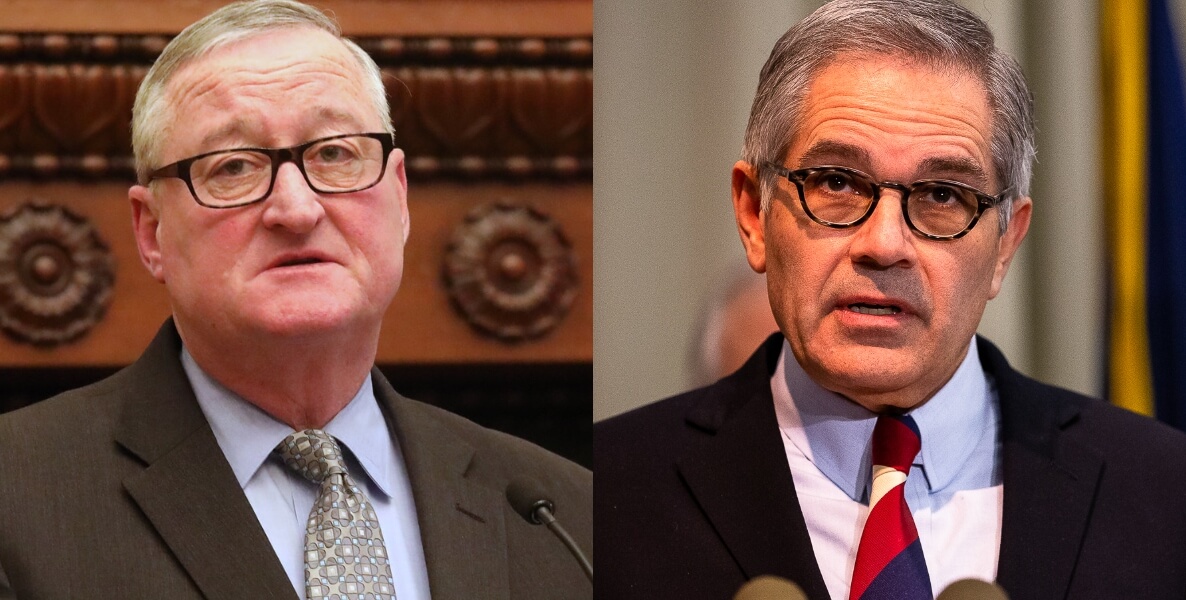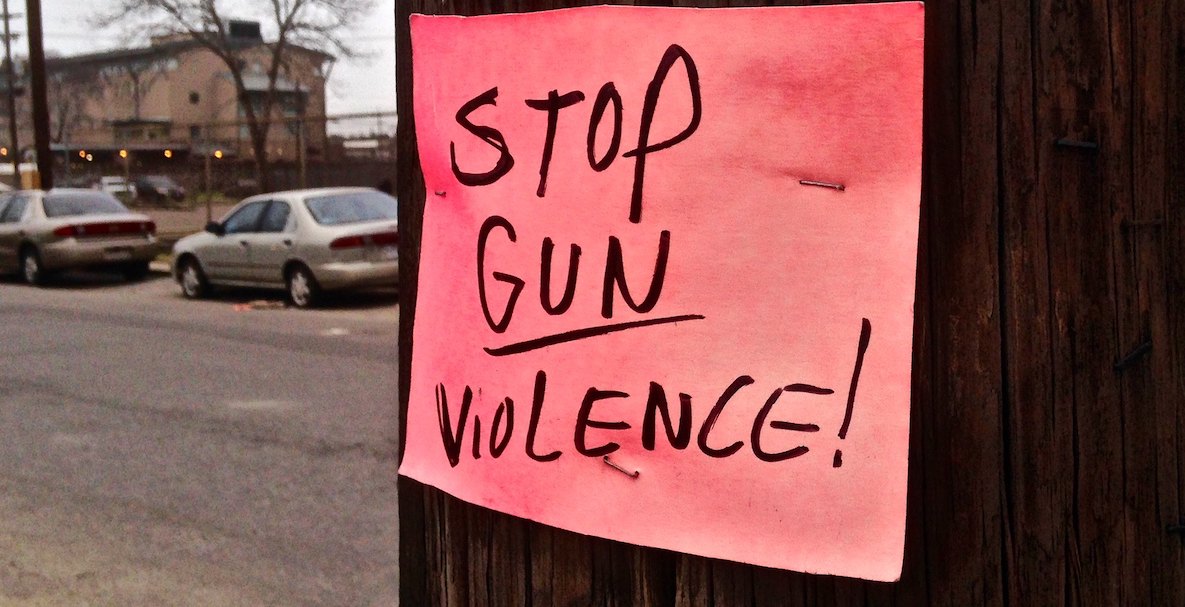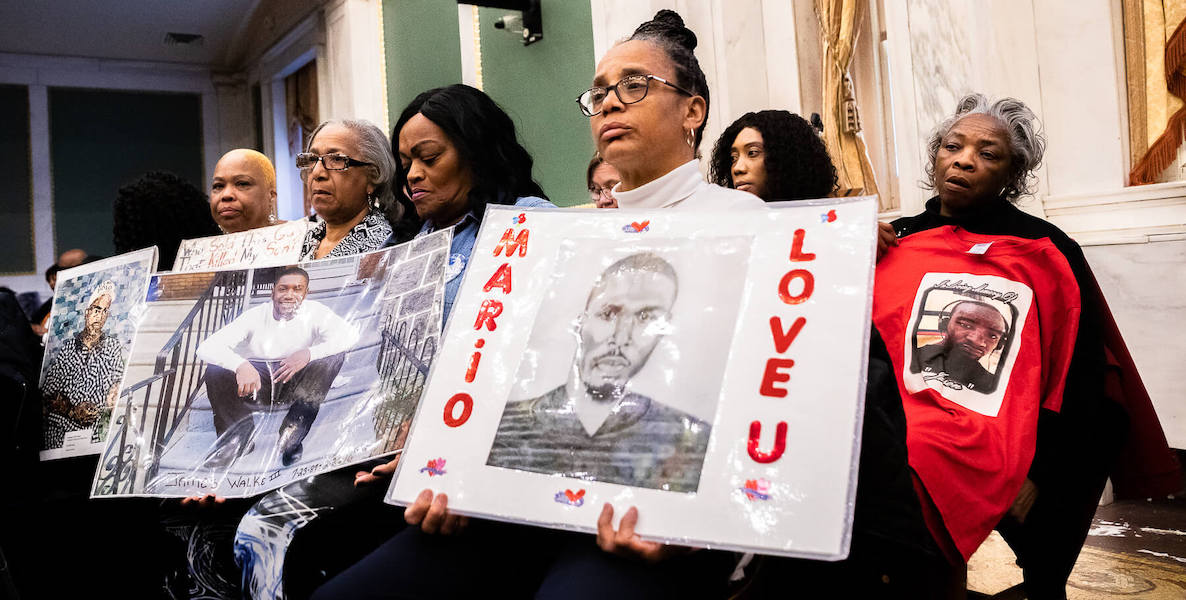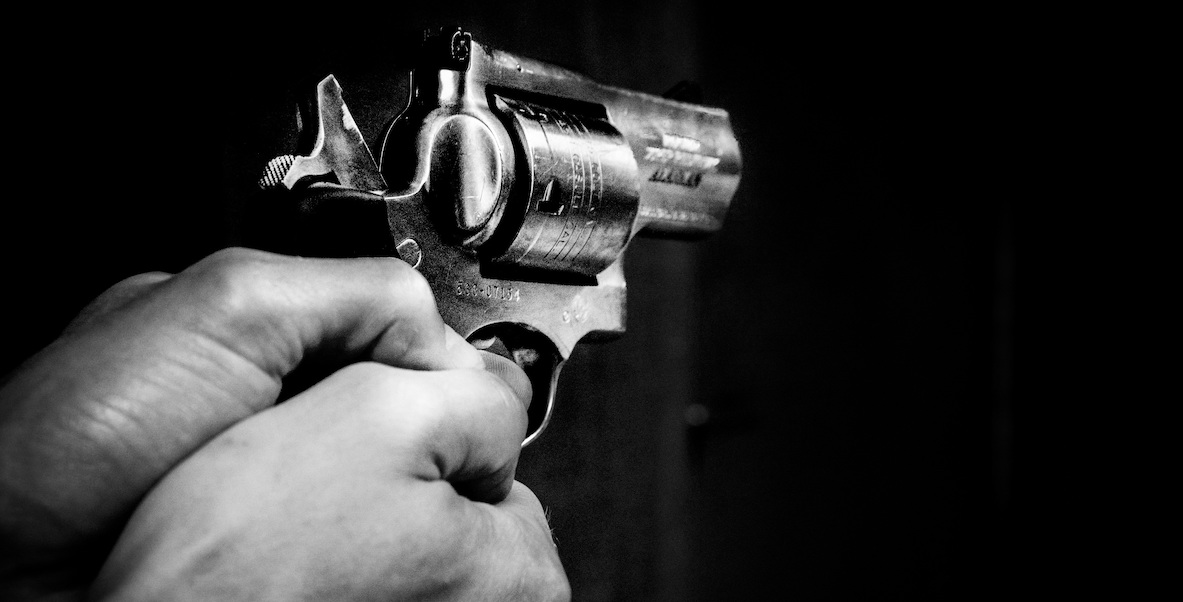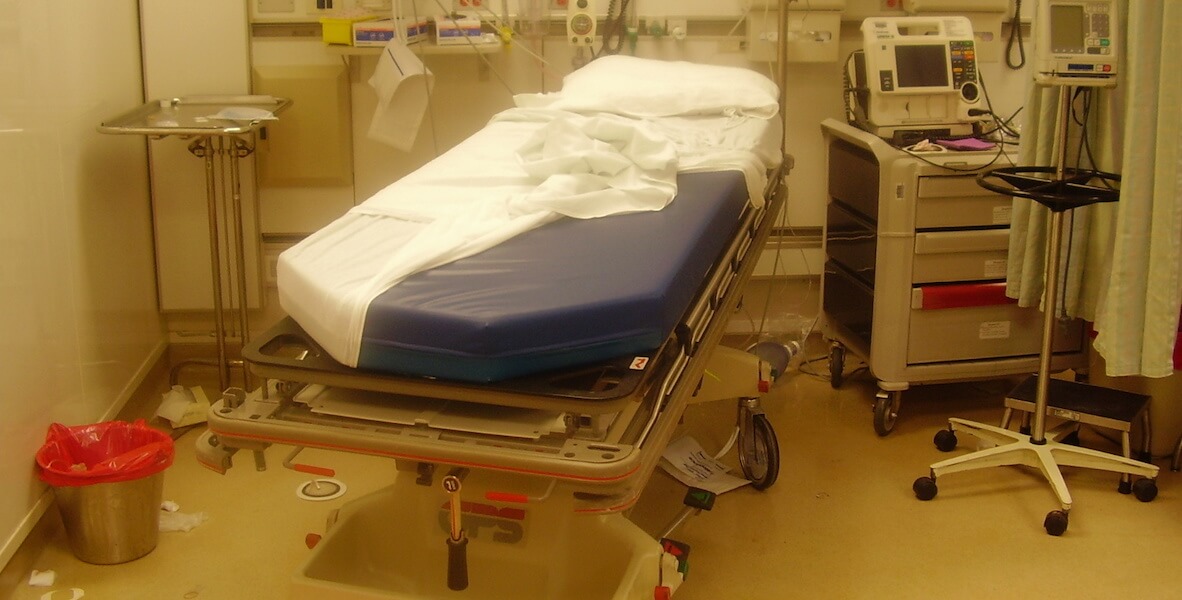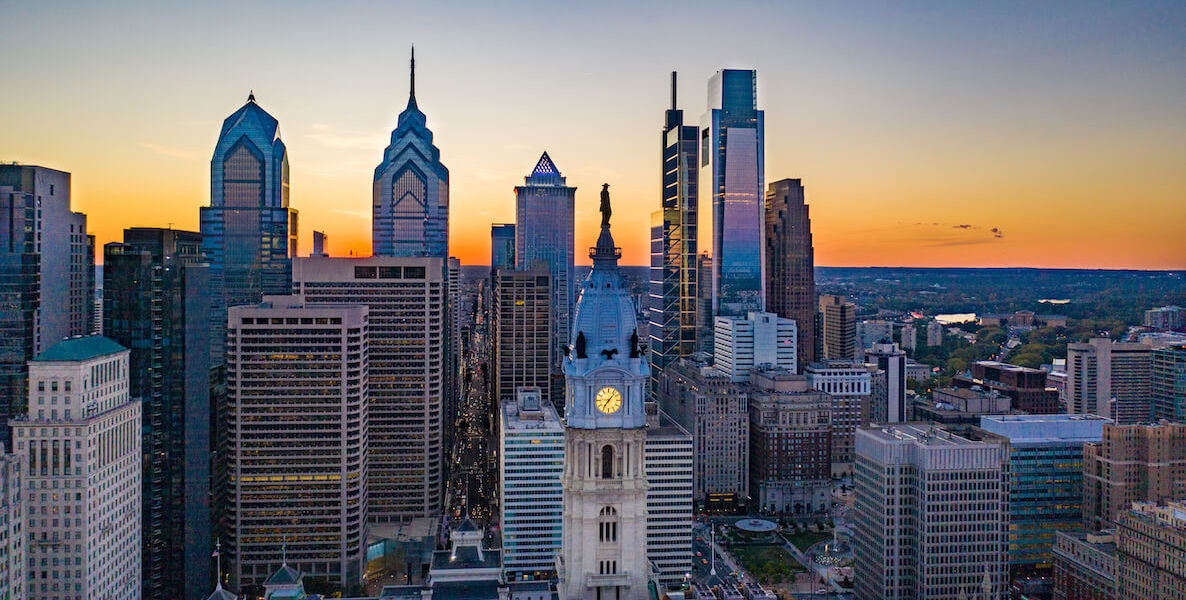We are in the midst of, and are dealing with, an unprecedented pandemic and its resulting deep economic fallout, and we need to seize upon this moment and use it as an opportunity to change how we approach, address and fight gun violence.
![]() In emergency rooms and trauma centers across Philadelphia, we remain frustrated by the lack of progress made by politicians and community leaders as they fail to devise, propose and implement initiatives to decrease gun violence and homicides in our cities.
In emergency rooms and trauma centers across Philadelphia, we remain frustrated by the lack of progress made by politicians and community leaders as they fail to devise, propose and implement initiatives to decrease gun violence and homicides in our cities.
Based on my personal experience as an emergency physician, I believe that the best way to stop gun violence is through increased job creation, neighborhood reinvestment and re-thinking the war on drugs.
In emergency rooms and trauma centers across Philadelphia, we remain frustrated by the lack of progress made by politicians and community leaders as they fail to devise, propose and implement initiatives to decrease gun violence and homicides in our cities.
It is painfully clear that what may have worked in the past is not working now, and it is time for us to think differently about how to stop this unnecessary loss of life and bloodshed.
When speaking with the families of people who have been shot, I realize that the impact goes far beyond the physical toll of the damage done by one bullet. The lack of income while they are recovering, subpar or non-existent health insurance to pay for critical care, and the need for ongoing, expensive support and treatment all devastate victims of violence and their families long after the wounds have healed.
I understand the arguments for the need for controlling gun violence, and I can readily support some of those positions. However, it is neither practical nor credible to think that the only way to get guns off our streets is through extremely aggressive and invasive police tactics.
Instead, as our leaders plan “what’s next” for Philadelphia following the pandemic, we need to focus on how to provide people with options beyond violence so they can provide for themselves and their family and their future.

Five immediate ideas that come to mind include:
- Supporting community members as they apply for and manage loans and grants to fund community based owned small businesses to create good paying jobs
- Redirecting monies and resources to invest in communities and their infrastructure such as schools, playgrounds and community centers.
- Funding public school programs in underserved neighborhoods, to ensure that all children have the same educational opportunities as those at charter and private schools.
- Funding after school and community programs to enrich and enhance formal education.
- Decriminalizing the use and distribution of drugs of abuse which research has determined are less addictive and harmful when compared to legally sanctioned drugs such as alcohol and nicotine, and treating addiction as the illness that it is.
In summary, there is no single reason for the lack of opportunity in too many neighborhoods, and there is no single solution.
We need to say “yes” to job and neighborhood business creation, yes to training, yes to neighborhood investment in disadvantaged communities, yes to providing specific support to minority-led businesses and nonprofits, yes to treating addiction as an illness rather than a crime, and a “hell yes” to more funding for education.
The Citizen is one of 20 news organizations producing Broke in Philly, a collaborative reporting project on solutions to poverty and the city’s push towards economic justice. Follow the project on Twitter @BrokeInPhilly.
Kevin M. Baumlin, MD, is the chair of the Department of Emergency Medicine at Pennsylvania Hospital.
Header photo, Jacob Windham, via Flickr


